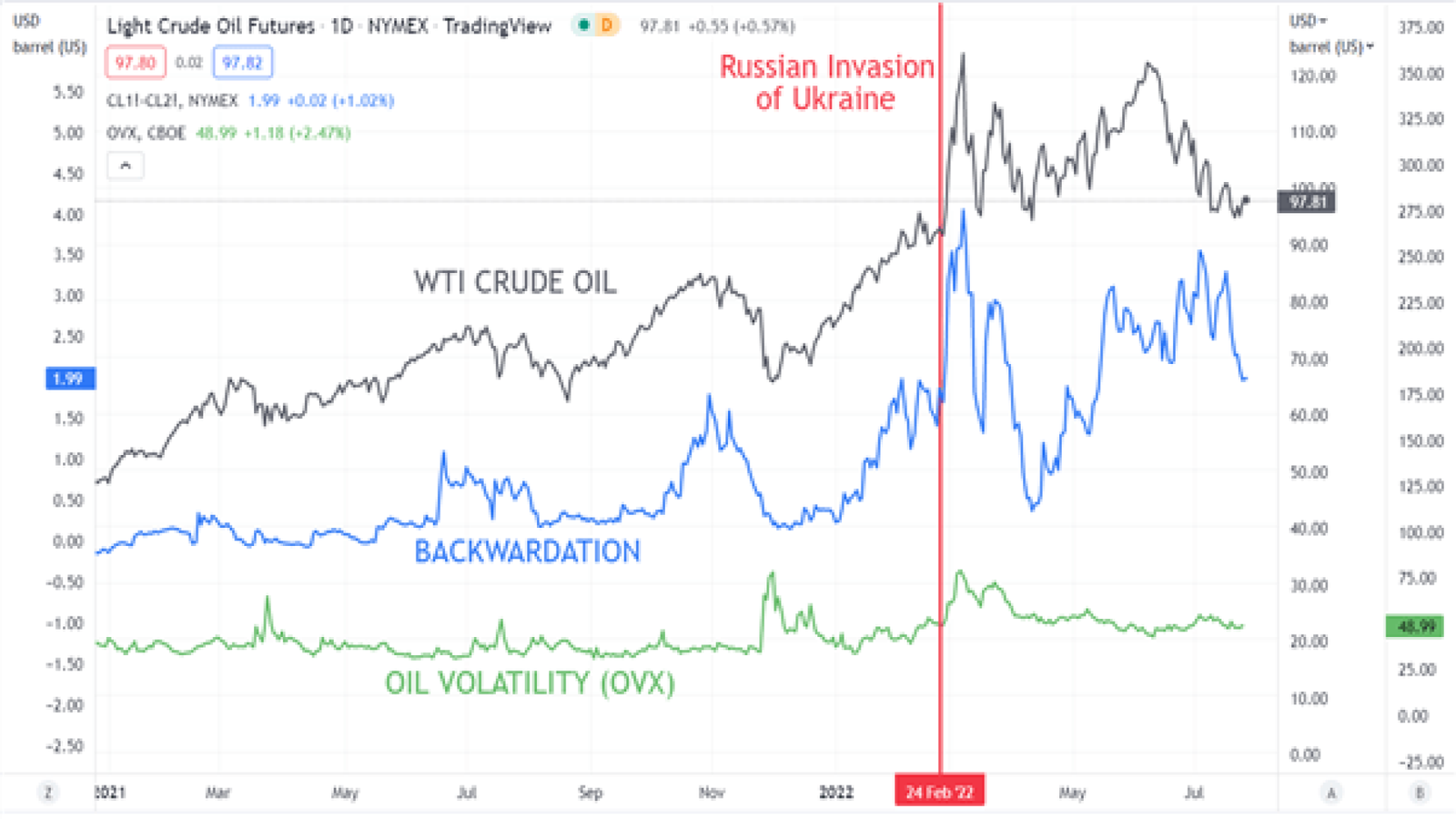Blog Details
How to manage greed and fear to be a successful trader? (28 Dec 2022)
There are several ways to take control of your emotions and make sure fear and greed do not influence your trading decisions or overall success.
1) Have a Trading Plan
Traders should have a trading plan in place to avoid any emotional impulses that deviate from the plan. Some examples of this include: overleveraging, removing stops on losing positions, doubling down on losing positions.
2) Lower Trade Sizes
“One of the easiest ways to decrease the emotional effect of your trades is to lower your trade size” – James Stanley, DFX Currency Strategist
This was one of the many good points made in our article focusing on managing the emotions of trading.
Furthermore, the article continues to state that placing a large trade on a demo account will not result in any lost sleep, as there is no actual financial risk. However, traders will most certainly experience stress after witnessing price swings on a large live trade. Such stress has the potential to lead to bad decisions which may impact the trading account negatively, so it is crucial to keep these in check.
3) Keep a Trading Journal
Traders also need to be accountable to themselves when trading. The best way to do this is to create a trading journal. Trading journals assist traders to record their trades and make note of what is working and rectify strategies that aren’t. Its important to remove all emotion when evaluating the results of your trades and cut unsuccessful strategies.
If you’re a currency trader, read our guide to keeping a forex trading journal.
4) Learn From Others
we set out to discover what had worked for traders in the past so that others may be able to benefit from those traits in the future.
shows that emotion plays a significant part in trading, as it was found that on average, traders lost money even though there were more winning trades than losing trades. This was because the losing trades outweighed the winning trades i.e. traders stood to lose more when the market went against them than they would receive if the market moved in the traders’ direction.
